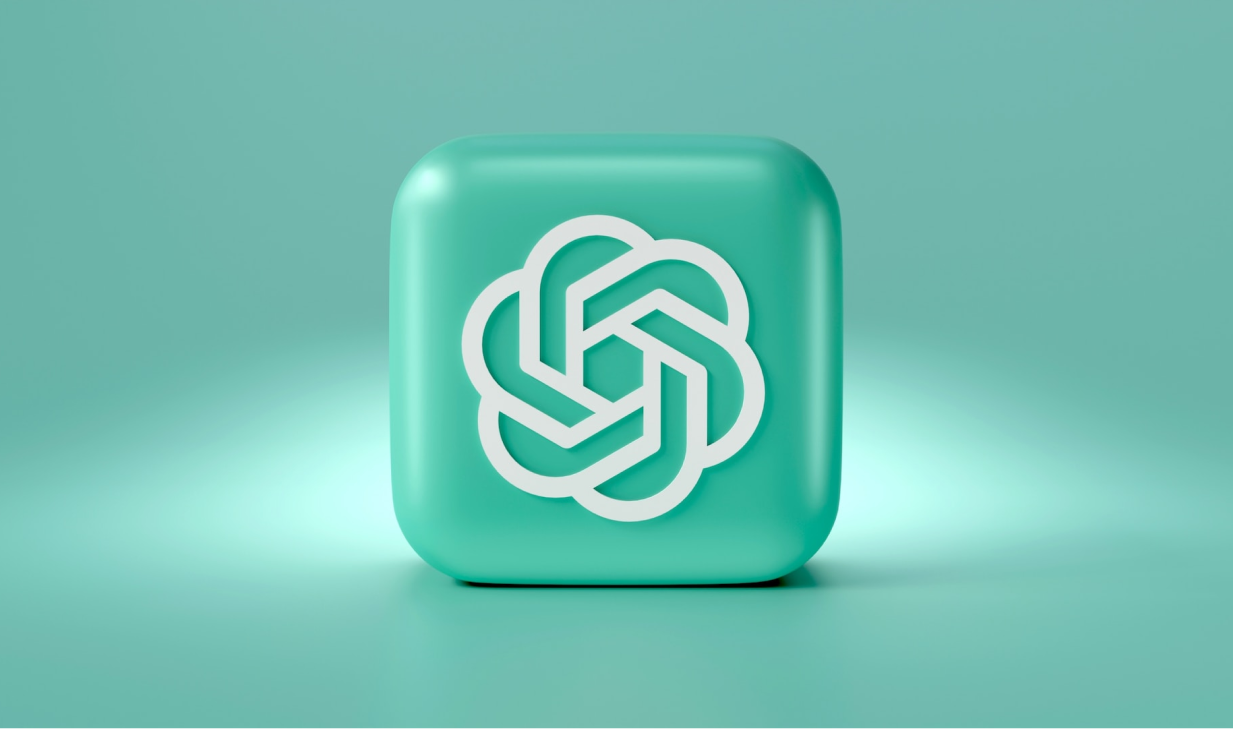
Embracing AI in Law: The Case for ChatGPT
In the ever-evolving landscape of law and technology, the potential for artificial intelligence to revolutionize the legal industry is undeniable. AI-driven advancements have already begun to reshape the way legal professionals work, streamlining processes, and saving both time and money. Among the recent AI innovations, ChatGPT has emerged as a game-changer, making it a must-have tool for every lawyer.
So, what exactly is ChatGPT? It’s a conversational AI model developed by OpenAI that generates human-like responses to natural language inputs. Released in November 2022 and powered by OpenAI’s GPT-3.5 platform, ChatGPT has quickly made its mark on the technology world, transforming the way we interact with technology and each other.
But how can ChatGPT benefit legal professionals? As a standalone tool, it’s already proven its value. However, when integrated into legal technology products, it becomes even more promising. With ongoing improvements and new versions on the horizon, ChatGPT is set to redefine legal work across various contexts.
The current version of ChatGPT excels at contract drafting and review, offering suggestions for contract language and identifying potential issues in contracts. It also aids in legal research by summarizing cases, laws, and pleadings filed with the court. Additionally, ChatGPT can help create initial drafts for various legal documents, such as demand letters, discovery demands, nondisclosure agreements, and employment contracts. It can even provide language suggestions for correspondence and legal documents.
While ChatGPT’s outputs may require some editing, it undeniably saves significant time in the legal process. Recent experiments have pushed the boundaries even further, with ChatGPT successfully passing various exams, including a Wharton MBA exam, a U.S. medical licensing exam, microbiology quizzes, and law school exams. It even aced a Google coding interview for a Level 3 engineer role with a $183,000 salary.
Despite its early-stage limitations, ChatGPT holds the potential to enhance legal service efficiency and reduce common frictions in the practice of law. It’s a time-saving powerhouse and a valuable research tool. However, whether used for personal or professional purposes, a thorough review and editing of the results and drafted language are essential.
For those interested in incorporating ChatGPT into their daily workflow, there are several options available. A free version allows experimentation, but for frequent users, the ChatGPT Plus subscription at $20 per month offers access to the faster Turbo version and ensures priority access to new features.
Several legal tech companies have already integrated ChatGPT into their software, providing added reliability and scrutiny to its outputs. These integrations vary in their approaches and applications, making them innovative tools for legal professionals. However, a full understanding of the capabilities and limitations is crucial when adopting such technology within your firm.
In summary, ChatGPT represents a powerful advancement in AI technology for the legal industry. As more legal tech companies incorporate ChatGPT into their platforms, the benefits and time-saving potential for legal professionals are boundless. The future of law and technology is here, and ChatGPT is leading the way.
